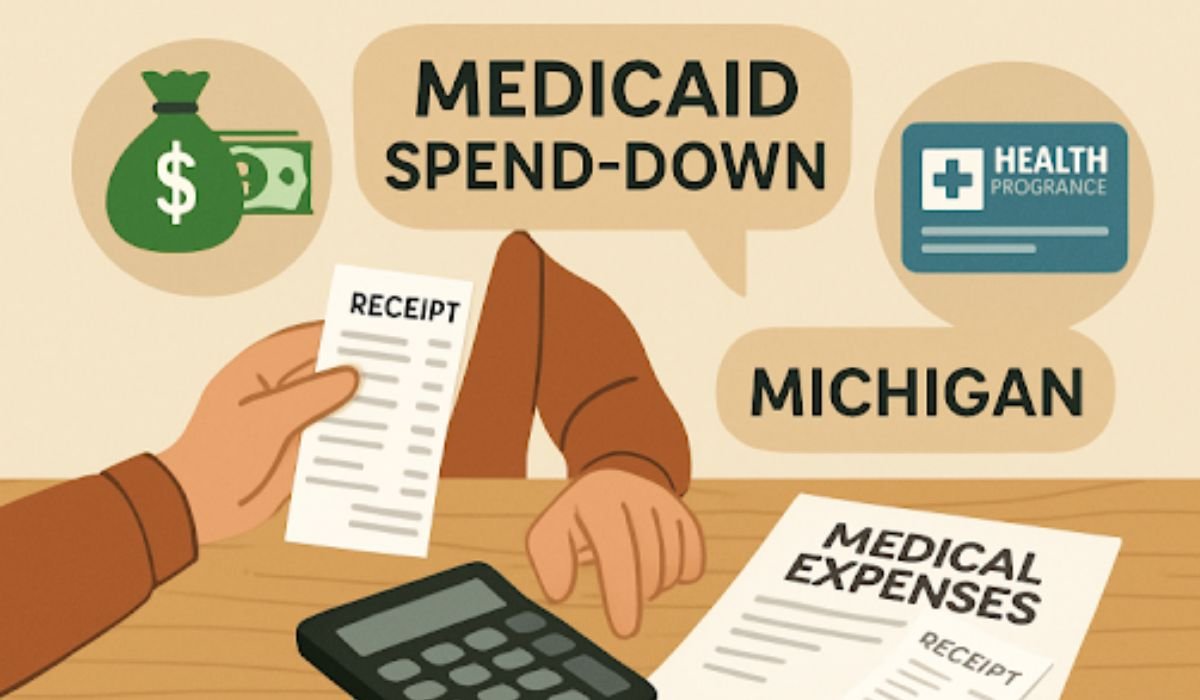Key Takeaways
- Practical tips for cutting down monthly expenses.
- Ideas to reduce energy consumption and save money.
- Imaginative budgeting approaches to manage household bills effectively.
The Hidden Costs of Household Bills
Managing household bills often feels like navigating through a labyrinth of unexpected fees and costs that can stealthily drain your finances. These hidden charges arise from varied aspects of household management, such as utility overcharges, billing errors, or even unused packages and services. Electricity, water, internet, and cable are core components that significantly influence the overall financial burden on households. By exploring tools like the average utility costs, households can gain valuable insights to strategize and optimize their spending effectively and learn what factors affect the monthly electric bill cost. Energy bills, in particular, are recurrent costs that can be massively reduced with little diligence. It is essential to scrutinize your billing statements regularly and identify and understand patterns. This proactive approach can significantly contribute to making your household financially efficient and more in control of monthly utility expenses.
Energy Efficiency: The Ultimate Saving Tactic
In today’s eco-conscious world, energy efficiency surpasses being just a growing trend; it becomes a necessity for cost-effective living. Energy-efficient appliances are designed to minimize power consumption without compromising performance, potentially leading to substantial reductions in monthly electricity bills. Although the upfront cost of upgrading to more efficient appliances may seem daunting, the long-term savings on electricity more than compensate for the investment. For instance, replacing a decade-old refrigerator with an Energy Star-rated model can reduce its energy usage by up to 50%.
Beyond big purchases, minor lifestyle adjustments, like turning off lights when leaving rooms or unplugging unnecessary electronics, can lead to substantial savings. Additionally, more significant investments, such as installing solar panels, significantly diminish reliance on the grid and present a sustainable method for households to save on their energy bills over time, all while contributing positively to the environment.
Smart Thermostats: A Game Changer
Smart thermostats are revolutionizing how we manage home heating and cooling, offering a perfect blend of technology and efficiency. These devices learn about your lifestyle and preferences, automatically optimizing your home’s climate control to save energy without compromising comfort. They adjust the temperature while you’re away and bring your home to optimal comfort as you return, ensuring savings during peak energy usage. Insights from the Energy Information Administration indicate that this intuitive approach can reduce heating and cooling costs by up to 10-15% annually, making smart thermostats a worthwhile investment for most households.
For tech-savvy individuals, controlling your home environment via smartphone apps offers another level of convenience and ensures the system works efficiently. With constant technological advancements, investing in intelligent solutions is increasingly becoming synonymous with sustainable living.
Water Conservation Tips
Water conservation goes beyond environmental consciousness and is a practical measure of financial savings. Even minor leaks can lead to significant water wastage, directly translating into inflated bills. Routine checks are done to ensure that plumbing, fixtures, and appliances are in perfect condition and prevent leaks from occurring in the first place, saving water and lowering your bill. Installing water-efficient fixtures like low-flow showerheads and dual-flush toilets can reduce water usage without affecting daily life.
Educating family members about efficient water usage and advocating for shorter showers and mindful water usage when carrying out daily chores can significantly bolster household savings. By emphasizing water conservation, you’re contributing to saving your wallet and playing an integral role in global sustainability efforts.
Internet and Cable: Trimming the Fat
The advent of digital entertainment and connectivity means that internet and cable subscriptions are practically indispensable. However, they can also be optimized to prevent unnecessary expenses. Many households find themselves paying for services they don’t need or use. Regularly reviewing your plan to ensure you’re getting value for money is crucial. You might discover that you can switch from a comprehensive cable plan to a combination of cheaper internet and on-demand streaming services, substantially cutting costs while enjoying your favorite shows and movies.
Moreover, it’s wise to keep an eye on market offerings. The competitive nature of the internet service provider market implies that there’s often room to negotiate better rates or switch providers for more favorable terms. Adapting quickly to these changes ensures your household enjoys necessary services without overpaying, all while maintaining flexibility and quality.
Budgeting and Tracking: The Backbone of Savings
Smart budgeting and diligent financial tracking are fundamental in managing household finances. Understanding exactly where your money goes allows for adjustments that can make a significant difference. By employing budgeting apps or spreadsheets, you can categorize expenses, track spending, and adjust your financial habits in real time. This process helps manage day-to-day expenses and aids in setting long-term financial goals.
Regular review of household budgets is integral, as it reveals irregularities and spending patterns that may require adjustments. As you become more aware of your financial standing, making well-informed decisions becomes more accessible, ensuring that every dollar is accounted for and utilized efficiently.
Renewable Energy: A Future Worth Investing In
Investing in renewable energy sources is gaining allure for environmentally conscious individuals and those looking at economic advantages. Community solar programs, for instance, are becoming popular as they provide households with a share in a renewable energy source at reduced costs. Participating in such programs can slash electricity expenses substantially, making it an attractive prospect for savvy homeowners keen on reducing their carbon footprint and monthly bills simultaneously.
The upfront investment in renewable solutions can vary, but as technology advances and costs decrease, more households find this transition viable. The shift ensures savings over time and contributes positively to environmental goals, offering a sustainable future for the next generations.











